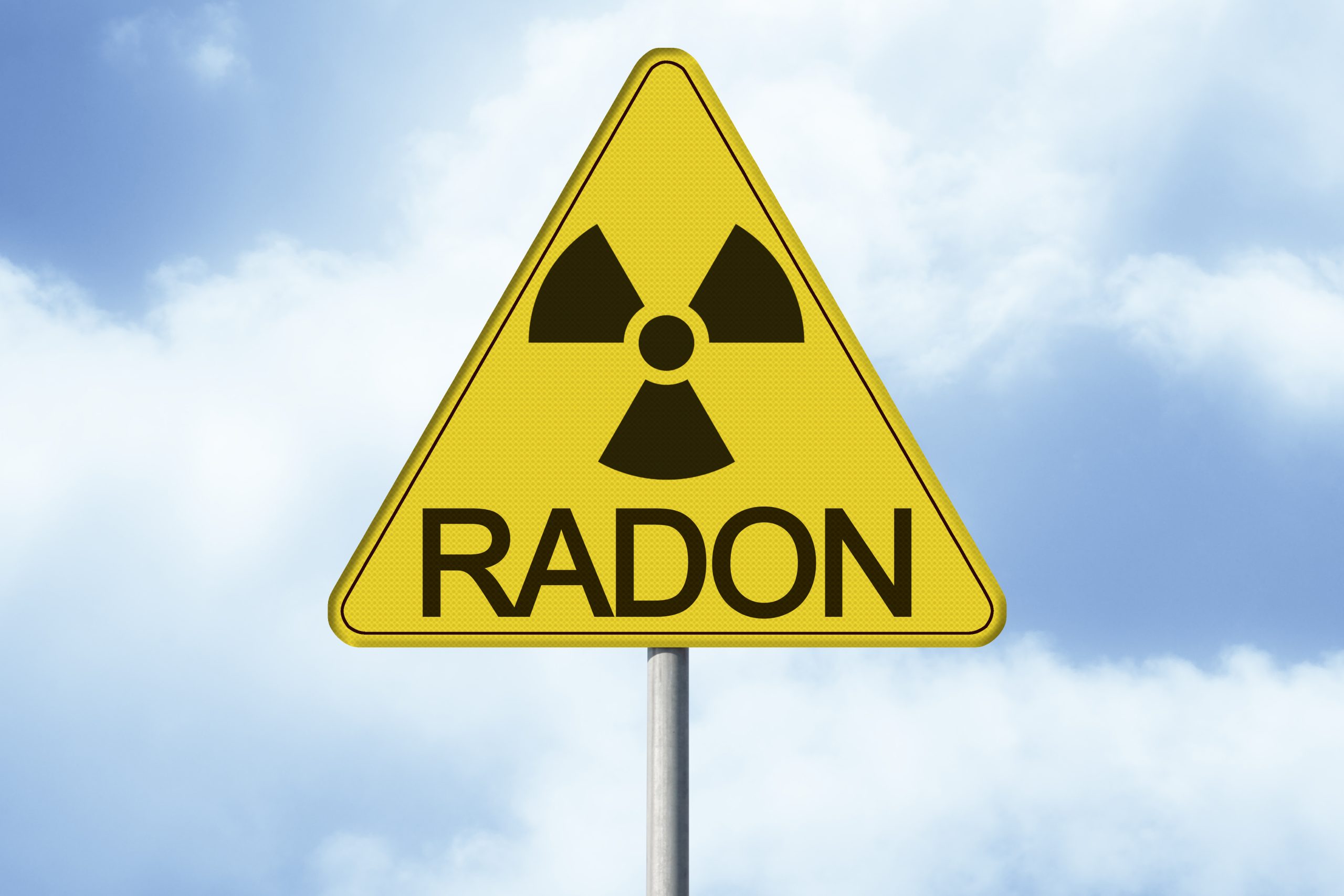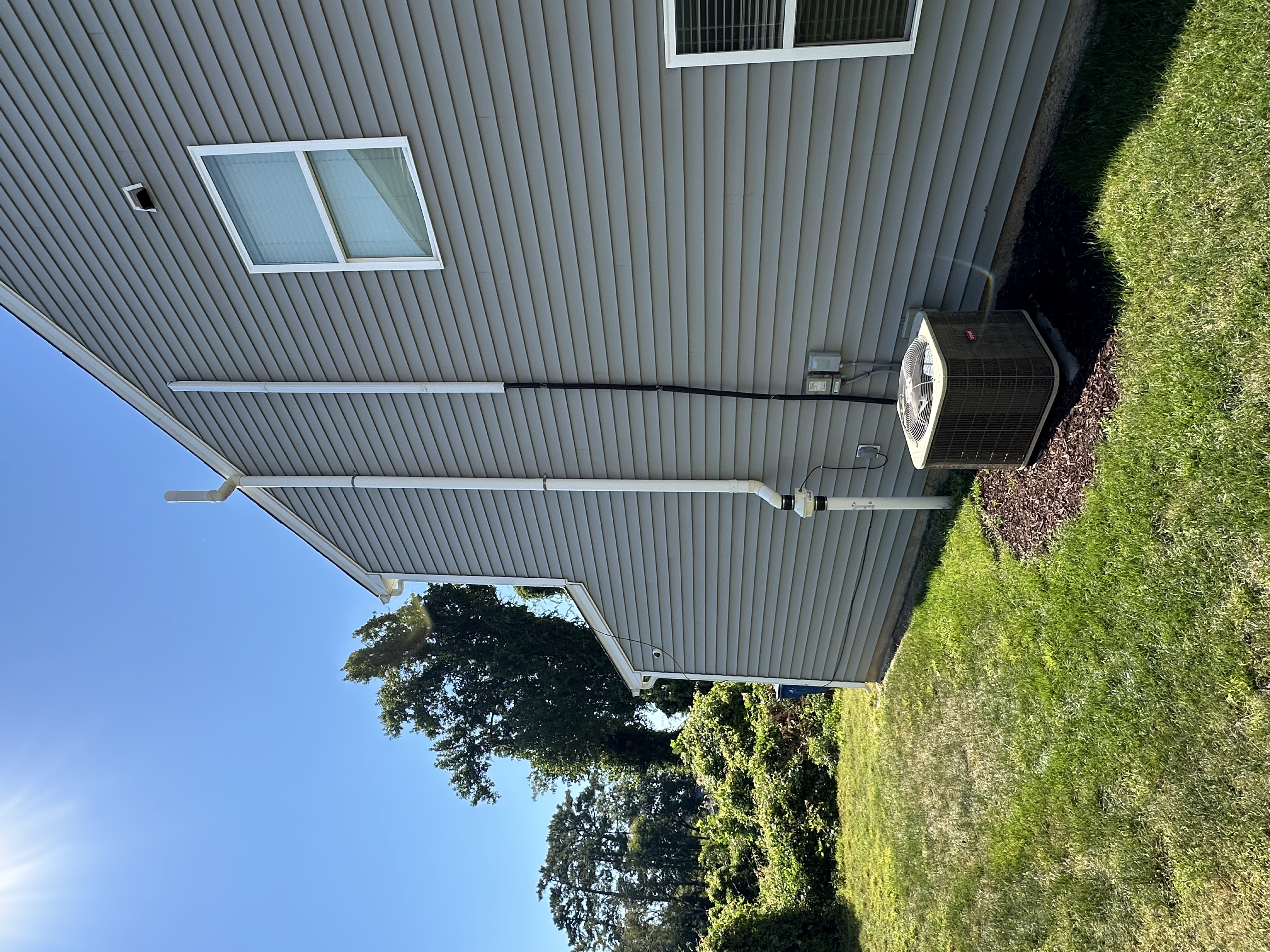Categories
Living in Raleigh Raleigh Real Estate Market Home Buying TipsPublished September 18, 2025
Radon in Homes: What North Carolina Buyers and Sellers Need to Know

Radon in Homes: What North Carolina Buyers and Sellers Need to Know
When buying or selling a home in North Carolina, one of the most important—but often overlooked—topics is radon gas. You can’t see it, smell it, or taste it, yet it can have serious health implications if ignored. The good news? Radon is not a dealbreaker. With the right testing and mitigation, it can be safely managed—and often at little or no cost to the buyer.
As a real estate agent who has guided clients through radon testing and mitigation, I’ve seen firsthand how important it is to have the right information before making a decision.
What is Radon?
Radon is a naturally occurring gas created when uranium in soil and rock breaks down. Outdoors, it dissipates quickly and isn’t harmful. Indoors, however, radon can seep into homes through cracks in the foundation, crawl spaces, or basements.
According to the EPA, radon is the second leading cause of lung cancer in the U.S. after smoking. That may sound alarming, but remember—radon is completely manageable once detected.
Do Homes in North Carolina Have Radon?
Yes. Radon is found across North Carolina, though levels can vary by county and even by neighborhood. That’s why the only way to know if a home has radon is through testing. Many home inspections now include radon testing for a small additional fee.
Why Buyers Shouldn’t Fear Radon
Finding elevated radon levels doesn’t mean you should walk away from a home. In fact, many homes in our area have radon mitigation systems already in place. These systems are highly effective, discreet, and affordable. Once installed, they work continuously to keep radon levels safe.
I’ve toured homes with mitigation systems installed (see example photos), and I’ve even helped clients negotiate with sellers to cover the cost of adding one.
Radon Mitigation: How It Works and What It Costs
If testing shows high radon levels, a licensed contractor can install a mitigation system. Most systems involve:
-
Sealing cracks in the foundation.
-
Installing a vent pipe and fan that draws radon from beneath the home and releases it outdoors.


Cost in North Carolina: Most radon mitigation systems range from $800 to $2,600. In many cases, buyers can negotiate with sellers to pay for the installation as part of the transaction.
Why You Need an Experienced Real Estate Agent
Not all agents are proactive about radon—but having one who is can save you money and stress. The right agent will:
-
Recommend radon testing during inspection.
-
Explain results clearly.
-
Connect you with trusted radon professionals if mitigation is needed.
-
Negotiate for sellers to cover the cost whenever possible.
Buying a home is one of the biggest investments you’ll ever make. Don’t let radon scare you away—it’s a solvable issue, and with the right guidance, it can often be handled before you even move in.
Final Thoughts
Radon may be invisible, but with proper testing and mitigation, it doesn’t have to be a hidden problem. Whether you’re buying or selling in North Carolina, working with an agent who understands radon ensures you’ll have the information—and the leverage—you need to make the best decision.
If you’re considering buying or selling in the Triangle or surrounding counties, I’d be glad to help you navigate every step of the process with confidence.
Check out this video on YouTube ask This Old House





